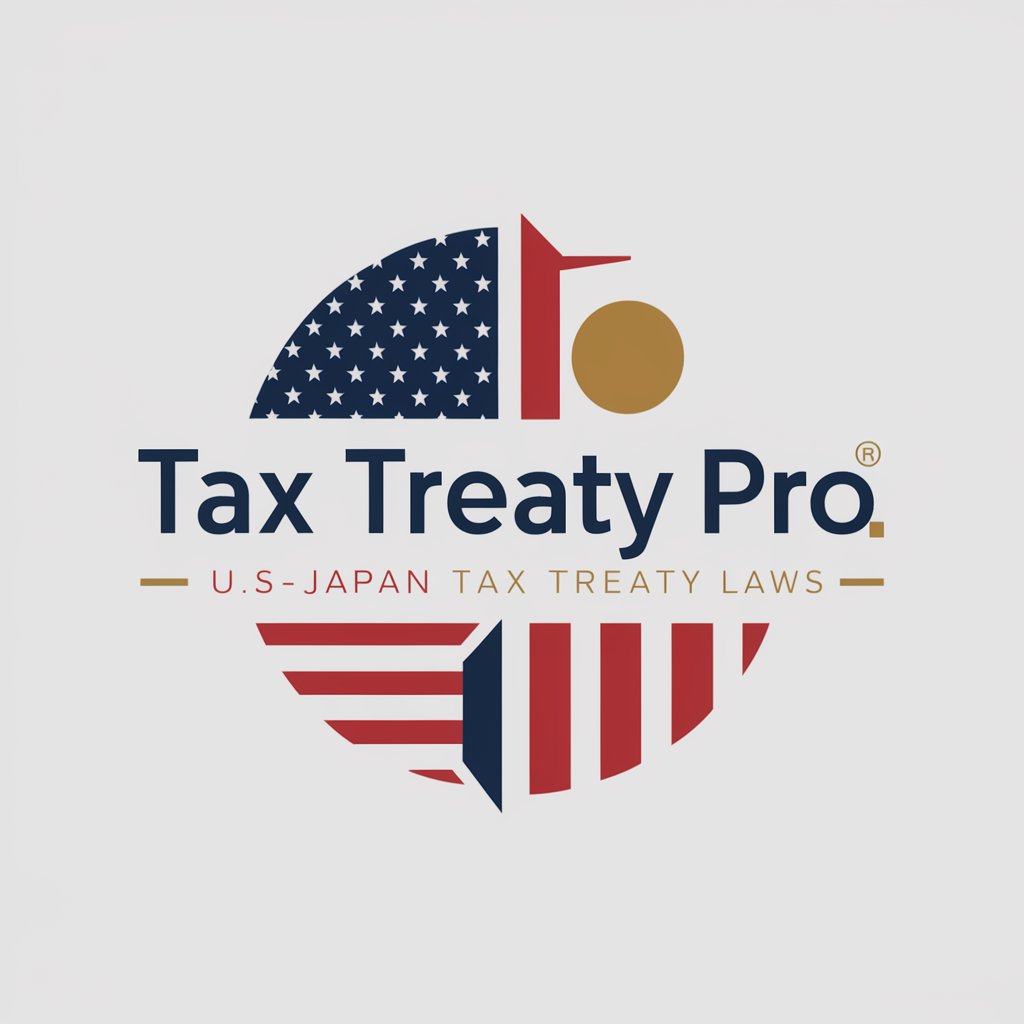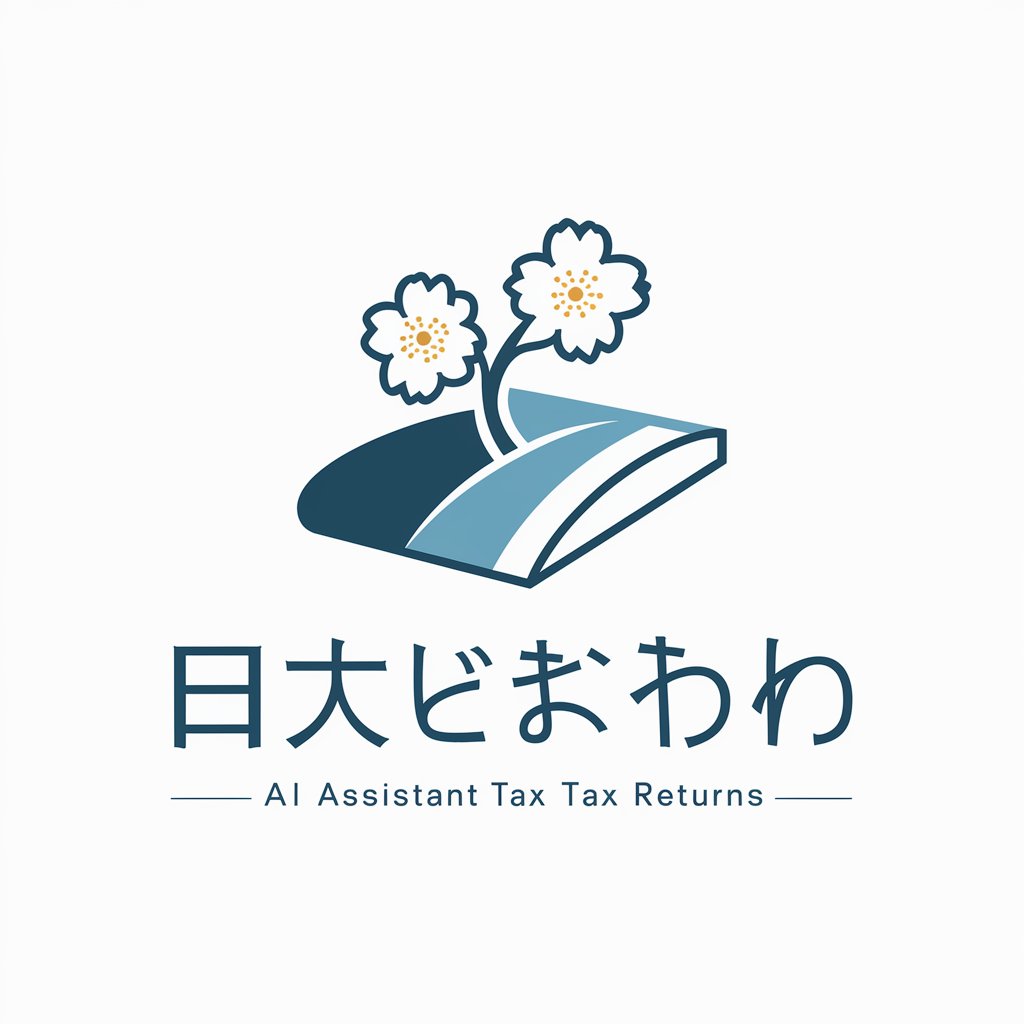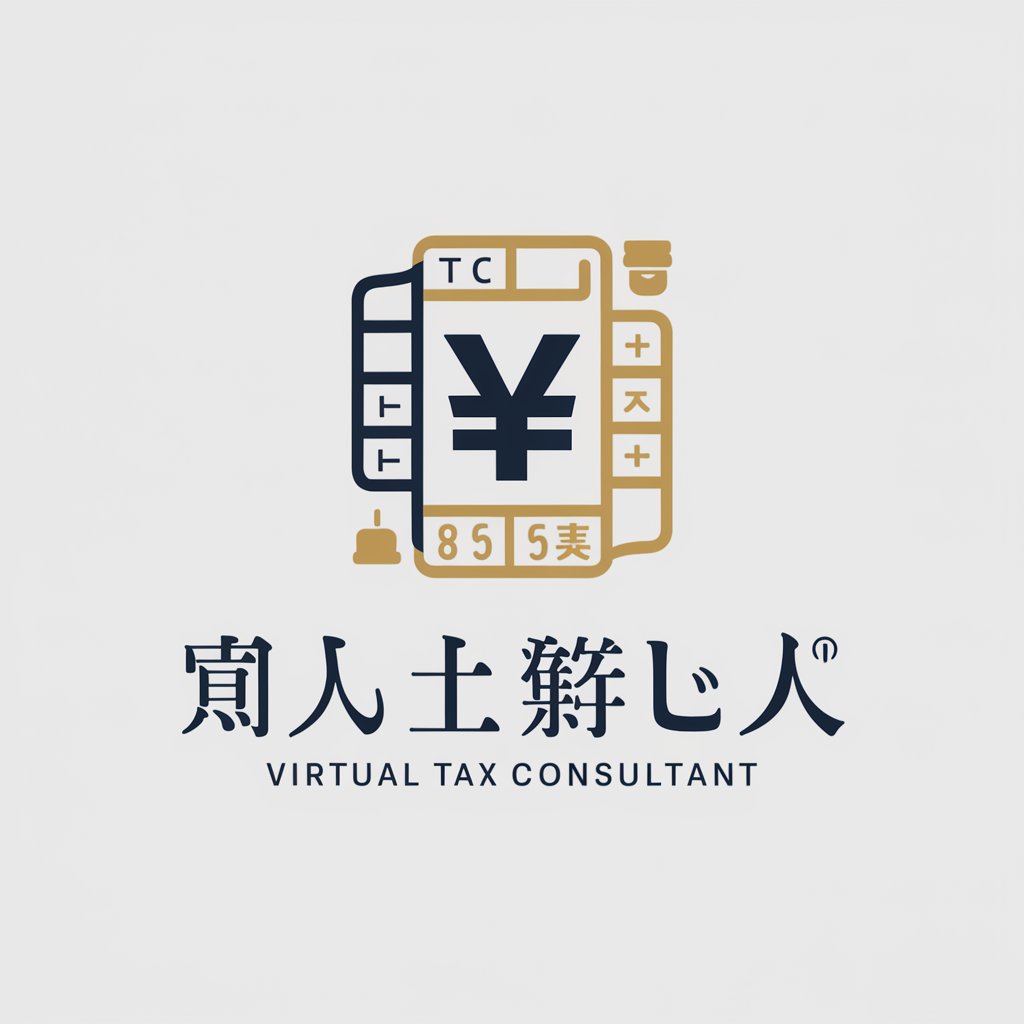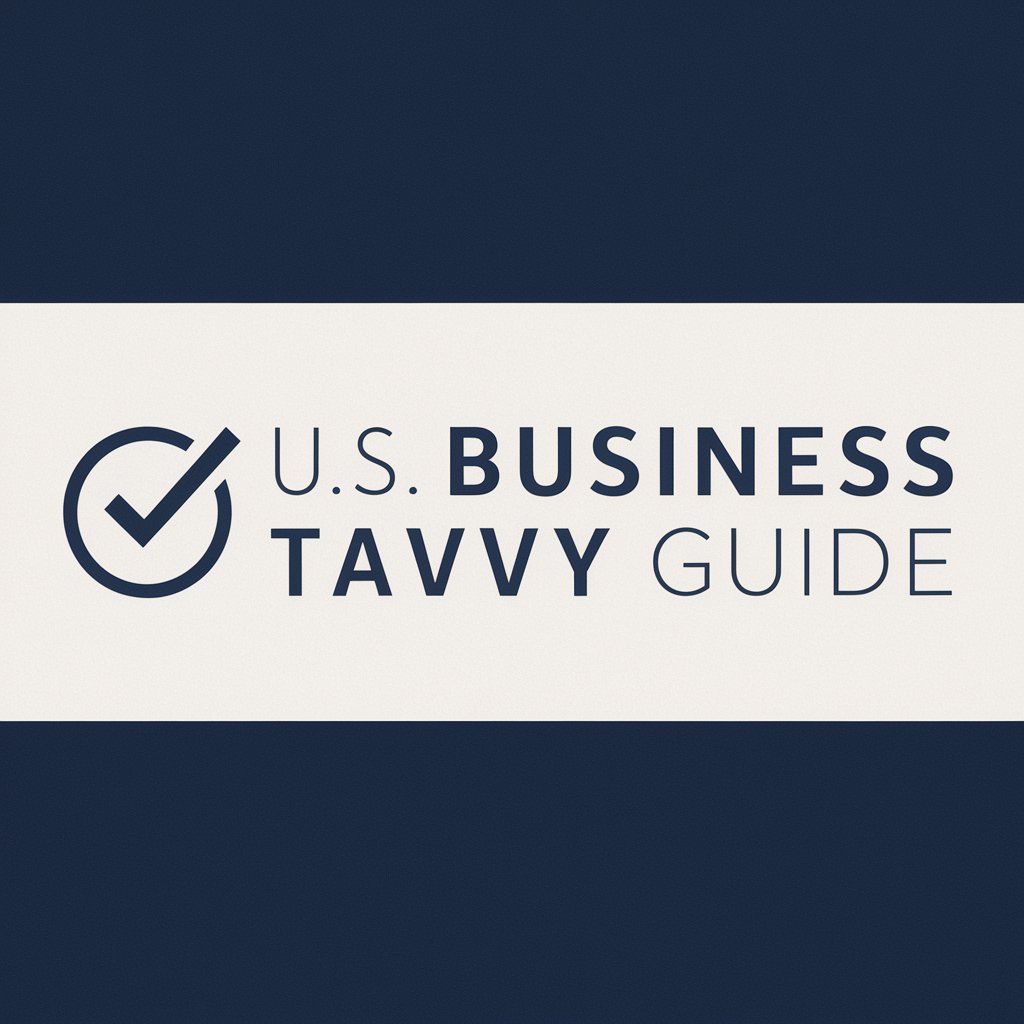
Tax Treaty Pro (US-Japan) - Expert US-Japan Tax Treaty Guidance

Welcome to Tax Treaty Pro. How can I assist you with US-Japan tax treaty laws today?
Navigating US-Japan tax laws with AI precision.
How does the US-Japan tax treaty address double taxation for residents of both countries?
What forms are required for claiming tax treaty benefits between the US and Japan?
Can you explain the residency rules under the US-Japan tax treaty?
What are the implications of the US-Japan tax treaty on dividend income?
Get Embed Code
Overview of Tax Treaty Pro (US-Japan)
Tax Treaty Pro (US-Japan) is a specialized AI designed to provide expert guidance on the tax treaty between the United States and Japan. This AI is crafted to demystify complex tax laws and regulations for individuals and entities engaged in cross-border activities between these two countries. Its primary objective is to offer up-to-date, accurate information and advice on matters relating to double taxation, residency rules, tax withholding rates, and the appropriate forms needed for tax purposes. By simulating scenarios, such as determining tax liabilities for a Japan-based employee working temporarily in the U.S., or advising a U.S. company on withholding tax obligations for payments made to a Japanese contractor, Tax Treaty Pro offers practical, real-world applications of the treaty's provisions. Powered by ChatGPT-4o。

Core Functions of Tax Treaty Pro (US-Japan)
Double Taxation Avoidance
Example
A U.S. citizen living and working in Japan receives rental income from properties in both countries. Tax Treaty Pro helps determine how this income should be reported and taxed in each country to avoid double taxation.
Scenario
Assisting expatriates in understanding how their global income is taxed and applying treaty benefits to reduce tax liabilities.
Determining Tax Residency
Example
A Japanese executive on a long-term assignment in the U.S. is unsure about their tax residency status. Tax Treaty Pro provides guidance on the substantial presence test and treaty tie-breaker rules to establish residency for tax purposes.
Scenario
Guiding individuals on residency status to ensure they comply with local tax laws while benefiting from treaty provisions.
Withholding Tax Consultation
Example
A U.S. corporation pays dividends to its shareholders in Japan. Tax Treaty Pro advises on the reduced withholding tax rate under the treaty and the necessary documentation to qualify for this rate.
Scenario
Helping businesses understand their withholding tax obligations and the benefits available under the tax treaty to minimize tax burdens.
Tax Forms and Compliance Advice
Example
A Japanese artist sells artwork to a U.S. gallery and needs to know which tax forms to complete. Tax Treaty Pro identifies the relevant forms (such as Form W-8BEN) and compliance requirements.
Scenario
Assisting non-residents in navigating U.S. tax forms and compliance to avoid penalties and ensure proper reporting.
Who Benefits from Tax Treaty Pro (US-Japan)?
Expatriates and Global Professionals
Individuals residing or working in a country different from their country of citizenship, such as U.S. citizens living in Japan or vice versa, benefit from clear, accurate advice on tax implications of their international income and residency status.
Multinational Corporations
Companies with operations in both the U.S. and Japan require guidance on structuring their cross-border transactions to optimize tax efficiency, including understanding withholding tax rates and treaty benefits.
Tax Professionals and Advisors
Tax consultants and legal advisors serving clients with interests in both countries can utilize Tax Treaty Pro as a resource for up-to-date treaty information, enhancing their ability to provide well-informed advice.
Academics and Researchers
Individuals studying international tax law will find the detailed, scenario-based explanations of the U.S.-Japan tax treaty provisions to be a valuable educational tool.

How to Use Tax Treaty Pro (US-Japan)
Start with YesChat.ai
Begin by visiting yeschat.ai for a complimentary trial, accessible without any requirement for login or a ChatGPT Plus subscription.
Select Tax Treaty Pro (US-Japan)
Navigate to the Tax Treaty Pro (US-Japan) section to access specialized guidance on US-Japan tax treaty laws.
Identify Your Query
Formulate your question or concern related to the US-Japan tax treaty, focusing on aspects like double taxation, residency rules, or relevant tax forms.
Input Your Question
Enter your question in the provided space. Be as specific and detailed as possible to ensure a comprehensive and accurate response.
Review the Response
Read the detailed, source-cited answer. Utilize the provided information to address your tax-related queries effectively.
Try other advanced and practical GPTs
The Treaty of Guadalupe Hidalgo
Illuminating 19th Century Diplomacy through AI

Treaty Explorer
Unveiling the World of Treaties with AI

Treats
Empower Your Words with AI

Loving Boyfriend
Your AI-powered affectionate companion.

Boyfriend Savier
Your AI-powered Companion for Heartfelt and Humorous Interactions

Perfect Boyfriend
Craft Your Perfect Virtual Companion

EU Treaty Expert
Expertise in EU Treaties at Your Fingertips

Paralebot - Outer Space Treaty
Demystifying space law with AI.

Quick Confirm - To the point 🎯
Instant clarity with AI-powered precision

Mentor Angular Confirmé
Elevating Angular Skills with AI-Powered Mentorship

Appointment Confirmator
AI-powered dental appointment management.

Match Date Verifier
AI-powered sports match verification at your fingertips.

Detailed Q&A About Tax Treaty Pro (US-Japan)
What types of queries can Tax Treaty Pro (US-Japan) handle?
Tax Treaty Pro (US-Japan) specializes in providing detailed answers on the US-Japan tax treaty, including but not limited to double taxation avoidance, residency rules, taxation of income, and procedural aspects of tax filing for individuals and entities affected by the treaty.
How current is the information provided by Tax Treaty Pro (US-Japan)?
Tax Treaty Pro (US-Japan) uses its browser tool to ensure that all responses are backed with the most up-to-date information, including the latest amendments and interpretations of the US-Japan tax treaty.
Can Tax Treaty Pro (US-Japan) help with tax form preparation?
While Tax Treaty Pro (US-Japan) can provide guidance on which forms are relevant and explain their components in the context of the US-Japan tax treaty, it recommends consulting with a tax professional for actual preparation and submission.
Is Tax Treaty Pro (US-Japan) suitable for tax professionals?
Yes, tax professionals can leverage Tax Treaty Pro (US-Japan) as a resource for detailed tax treaty law information, helping them stay informed on specific US-Japan treaty aspects and enhance their advisory services.
How does Tax Treaty Pro (US-Japan) ensure the accuracy of its responses?
Tax Treaty Pro (US-Japan) combines AI-powered analysis with the latest browser-sourced information, ensuring that each response is accurate, detailed, and reflects the current state of US-Japan tax treaty laws.





